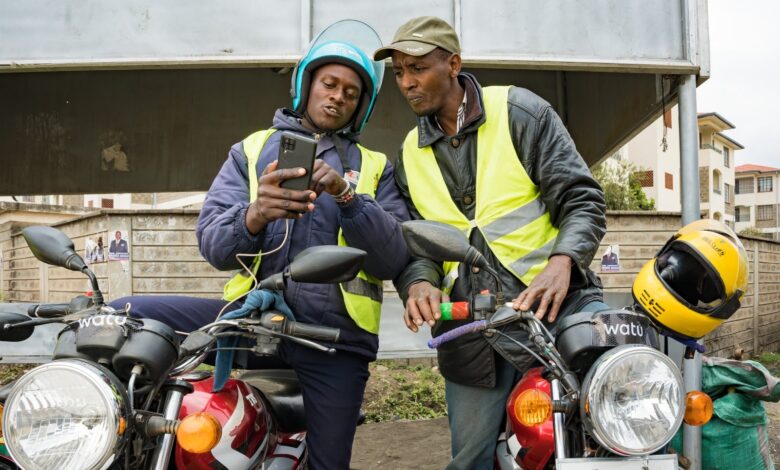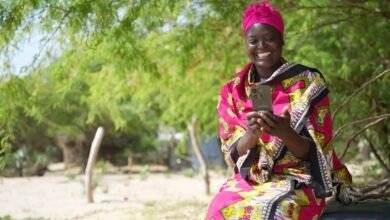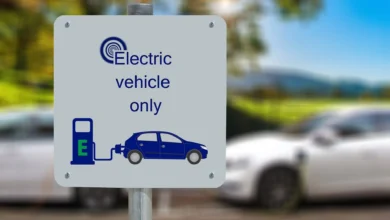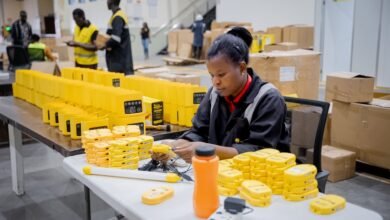
Watu, the asset financing company that has become a ubiquitous presence in Africa’s mobility sector, just dropped its 2024 sustainability report, and the numbers show a company rapidly evolving into a digital and environmental powerhouse. While known for financing motorcycles, its fastest-growing product is now the smartphone. In 2024 alone, Watu financed a staggering 1.4 million smartphones, connecting a massive cohort of underserved individuals to the digital economy.
This aggressive push is part of a larger story of scale; since 2015, Watu has disbursed over 4 million loans and unlocked more than $1 billion in credit. This activity helped drive company revenue to $231 million in 2024, a 67% year-over-year jump. But the report’s most compelling story isn’t just about growth. Watu is now operating as a carbon-negative company, thanks to a significant pivot to electric vehicles.
The company’s second-ever sustainability report paints a clear picture: Watu is using hardware as a trojan horse for widespread financial inclusion, impacting over 8 million lives in the process.
The Smartphone is the New Engine
While Watu financed over 80,000 income-generating vehicles like motorcycles and tuk-tuks in 2024, the smartphone has undeniably become its main scaling product. The company isn’t just tracking shipments; it’s measuring what people do with these devices. To that end, Watu introduced two new indices in its report to quantify the real-world impact of this connectivity boom:
- Digital Services Impact Score (DSIS): This metric revealed that 40.4% of customers are actively using their Watu-financed smartphones to access digital services like mobile banking, educational resources, and government portals. It confirms the smartphone is acting as an essential gateway to the digital economy, not just a communication tool.
- Smartphone Financing Income Impact Rate (SFII): More than one in three customers (35.2%) reported a direct increase in their income after getting a smartphone through Watu. This boost comes from using mobile business tools or participating in e-commerce. In Tanzania, for example, 16% of new smartphone customers started new businesses, many of them women-led.
“In 2024 alone, we financed 1.4 million smartphones,” said Watu CEO Andris Kaneps. “That’s not just scale for scale’s sake – it means millions more people now have access to digital tools that drive income, opportunity, and inclusion”.
A Carbon-Negative Balance Sheet, Powered by Batteries
Perhaps the most surprising revelation is Watu’s environmental footprint. The company financed 2,193 electric vehicles in 2024, a 108% increase from the previous year. This rapid EV adoption is critically supported by a growing network of battery-swapping stations across major markets, tackling the range anxiety that often hampers the switch to electric.
This EV push allowed the company to avoid 5,483 tonnes of CO₂ equivalent emissions. When measured against the 2,015 tonnes of CO₂e emitted from its own operations, Watu ended the year carbon negative. In a move towards greater transparency, Watu is one of the few financiers in Africa to publicly disclose its Scope 3 emissions—the indirect emissions generated by the vehicles it finances—making the transition to EVs central to its future.
People, Safety, and Direct Economic Impact
Beyond the tech and environmental numbers, the report details significant social and governance initiatives. Watu now employs over 2,465 staff members across the continent. Women represent 40% of Watu’s customer base and 33% of its management, an increase from 29.7% in 2023.
Road safety also saw major investment. Watu trained over 20,500 riders in 2024, contributing to a drop in the accident rate among its clients from 4.9 to 4.3 per 1,000 clients.
Crucially, the company’s growth translated directly into local economies. In 2024, Watu paid out $31 million in wages and salaries and contributed over $8 million in taxes. This demonstrates a tangible economic footprint beyond the credit it provides to entrepreneurs.
To back its commitment to responsible financing, Watu also secured a Bronze-level Client Protection Certification in Kenya, Uganda, and Tanzania, adopting global standards for its lending practices. For a company deeply embedded in Africa’s informal economy, these numbers suggest a strategy that looks beyond simple asset financing toward building a comprehensive ecosystem for digital integration and sustainable growth.






